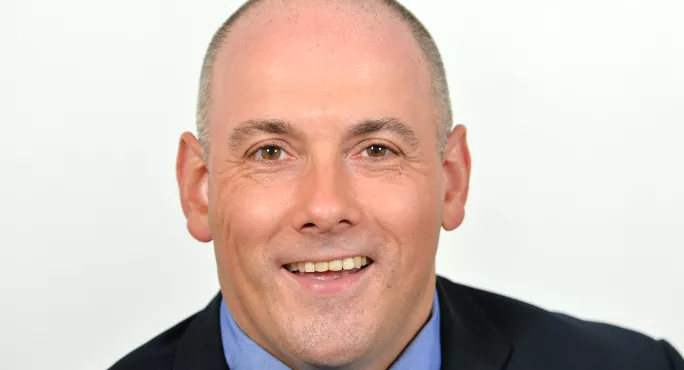GCSEs should be scrapped and replaced by a qualification that recognises academic and technical skills alongside personal development, the chairman of the Commons Education Select Committee has said.
Robert Halfon MP said that he believed young people needed to develop technical skills alongside subject knowledge in order to thrive in an increasingly automated and digital age. And, to achieve this, he proposed replacing GCSEs with a Baccalaureate qualification at age 18 that would recognise both the academic and vocational sides of education.
The MP for Harlow and former further education minister told Tes: “The fourth industrial revolution is upon is - the march of the robots is what I call it - and it’s going to change everything. There will be huge changes in the way we work.
“I’m trying to start a national debate and get a discussion going about what the education system looks like in the 21st century. I’m not saying GCSEs should be scrapped overnight. Change would take time to bed in.”
Addressing education figures at the Cabinet War Rooms today, Mr Halfon is expected to say an emphasis on a “knowledge-rich curriculum”, through performance measures like the EBacc, has pressurised teachers to train to the test.
This leads to the focus being on rote learning above skills such as communication, critical thinking, problem-solving and team-working, Mr Halfon believes.
He is expected to say: “I fully support the need for every young person to be able to access through their schooling, a working knowledge of our cultural capital, our history and our literature.
“But it is also essential that we are developing our next generation of engineers, entrepreneurs and designers.
“All young people should have access to the technical and creative subjects that will give them the skills that employers are looking for.
“These are not ‘soft skills’ developed at the expense of knowledge, but the essential skills that will enable young people to interpret, manipulate and communicate that knowledge.
“We must move from knowledge-rich to knowledge-engaged.”
Today’s event is organised by The Edge Foundation, an independent charity dedicated to shaping the future of education. Chief executive, Alice Barnard, said: “I think Robert is reflecting the concerns not only of parents, teachers and pupils themselves, but employers and business leaders from across all sectors.
“Technology is moving at such a rapid pace and change happening so quickly, we are failing young people if we do not enable them to develop the adaptability and the critical skills they need now and in the future.”
Mr Halfon is also expected to propose giving teachers back autonomy in the classroom, with more high-quality CPD, and enabling them to develop projects in partnership with local businesses to bring learning to life. He also believes schools should be measured by completion of the baccalaureate at 18 and the destinations of their pupils in the years after leaving, with apprenticeships a gold standard destination
A spokesman for the Department for Education said: “GCSEs are the gold standard qualification at age 16 and a passport to further study and employability - they were recently reformed so that their demand matches that in other high-performing countries and better prepare students for work and further study.
“We are also taking forward reforms from the Independent Panel on Technical Education to give students a clear choice between an academic or technical path at aged 16. T Levels, alongside apprenticeships, will form the basis of our high-quality technical education offer.”
The event marks the launch of the Edge Future Learning Project Based Learning Toolkit for teachers and schools.




